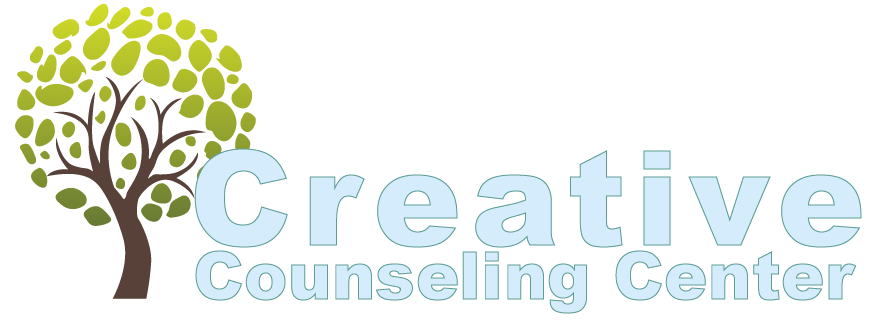Asking for Help is Okay: Changing the Stigma of Therapy
Lily Reinhart, the star of TV show Riverdale, recently announced on her Instagram: “Friendly reminder for anyone who needs to hear it: therapy is never something to feel ashamed of. Everyone can benefit from seeing a therapist. Doesn’t matter how old or ‘proud’ you’re trying to be.”
When celebrities admit they’re in therapy, it’s a good reminder that asking for help is perfectly normal, and that it’s also perfectly normal for anyone to attend therapy—no matter who you are. Even the Obamas have talked openly about attending couple’s therapy. Too often, the stigma is that someone must be clinically insane to need therapy, but, in reality, it can be a completely routine addition to a healthy person’s life. Who couldn’t use a friendly ear to bend from time to time, or an outside perspective on the challenges we face in our daily lives?
Therapy is the act of talking to a professional about the struggles you’re facing—from anxiety, depression, relationship issues, sexual issues, family, school, jobs, you name it. Whatever internal struggles you are dealing with, having a professional—someone who is completely unbiased and trained to help you achieve better mental health—can be incredibly helpful. Therapy isn’t about being told what to do—it’s about answering the right questions, and exploring and communicating emotions, and having a safe place to process them in a healthy way.
Therapy is about the maturity and growth that comes along with self-reflection…not about being “crazy” or “insane.” Some problems simply cannot be delved into alone, and having a professional who’s equipped to support tougher issues, rather than just talking to friends and family, can alter the outcome of the therapeutic journey.
Celebrities speaking openly about their therapy is one helpful way to change the stigma of therapy. There are ways non-celebrity folks, like you and me, can work towards a more positive image of what therapy is and who might benefit from it:
1. Talking openly about your struggles with friends and family. Part of the stigma of therapy is this idea that everyone lives a perfect life, so going to therapy must be for “crazy” people. But if you openly talk about life’s daily struggles, this helps those around you understand that we all share hardships. That asking for help, really, is just part of life.
2. Sharing with friends that you go to therapy for additional support and growth. We go to mechanics when our cars need fixing, and we go to the gym to make our bodies fit. So how is it any different to go to therapy to improve our mental health?
3. Supporting family and friends who are in therapy. Praise and acknowledge others for getting professional support when most people would be afraid to admit it.
Our therapists see folks struggling with a wide array of issues, ranging from parenting struggles, anger management, and grieving the loss of a loved one, to depression, anxiety, psychiatric conditions, trauma recovery and more.
Need an Ear to Bend?
There’s a saying: a problem shared is a problem cut in half. Sharing your problems with us will lighten your load a bit! We offer a free consultation to new clients—complete the brief form below to request yours today!
Contact Us
We will get back to you as soon as possible.
Please try again later.

ABOUT THE AUTHOR
Teri Karjala is a Licensed Professional Counselor & Marriage and Family Therapist. She is the founder and Executive Director of Creative Counseling Center, LLC. Working in the field since 1999, Teri and her team of therapists specializes in counseling for those who have experienced trauma. They work with children as young as age 2, as well as teens and adolescents, adults, seniors, families, and couples.
REQUEST A FREE CONSULTATION
If you have questions about counseling, would like to find out if counseling could help you or a loved one, or are interested in learning more about our services, just complete the brief form below to request a Free Phone Consultation. A member of our team will contact you shortly. After a brief conversation, we'll determine together whether our practice is right for you and which therapist may be best suited for your specific circumstance.
Finding the right therapist, one you click with, is less about the therapist's experience and qualifications and more about the therapist's personality. So let's talk. Let us match you with a therapist you have a high likelihood of clicking with.
Fields marked with an * are required.
Contact Us
We will get back to you as soon as possible.
Please try again later.
GET SOCIAL WITH US
CONNECT WITH US
PHONE
EMAIL US
ADDRESS
6021 South Syracuse Way, Suite #216
Greenwood Village, CO 80111
OFFICE HOURS
Monday-Thursday: 8:30am-8pm
Friday: 12pm-5pm
Saturday: 12pm-4pm



